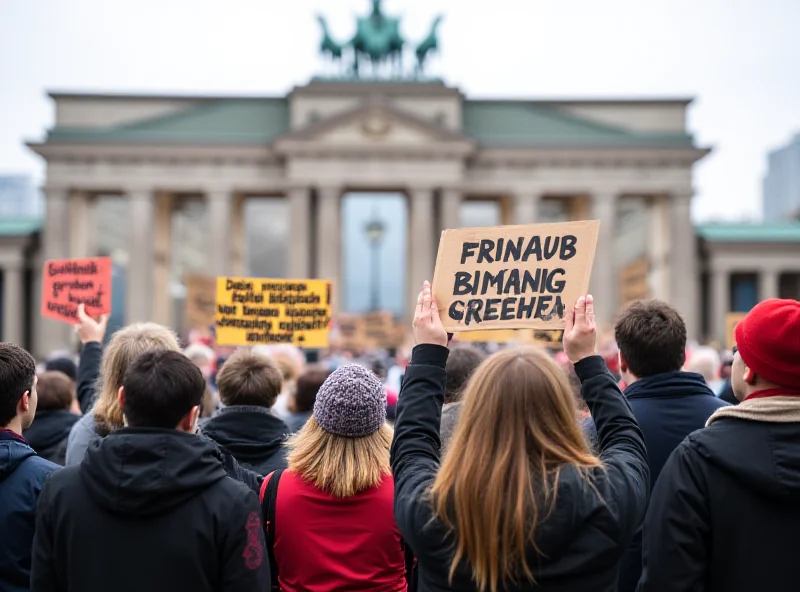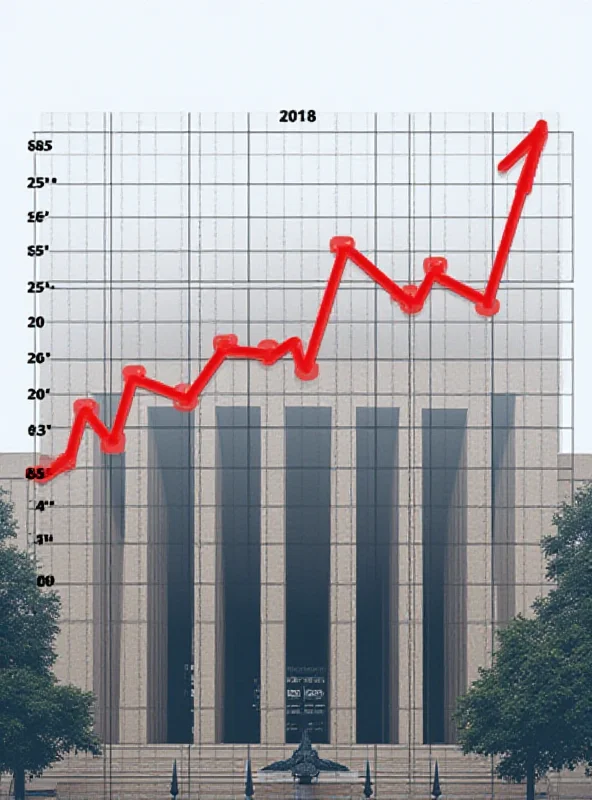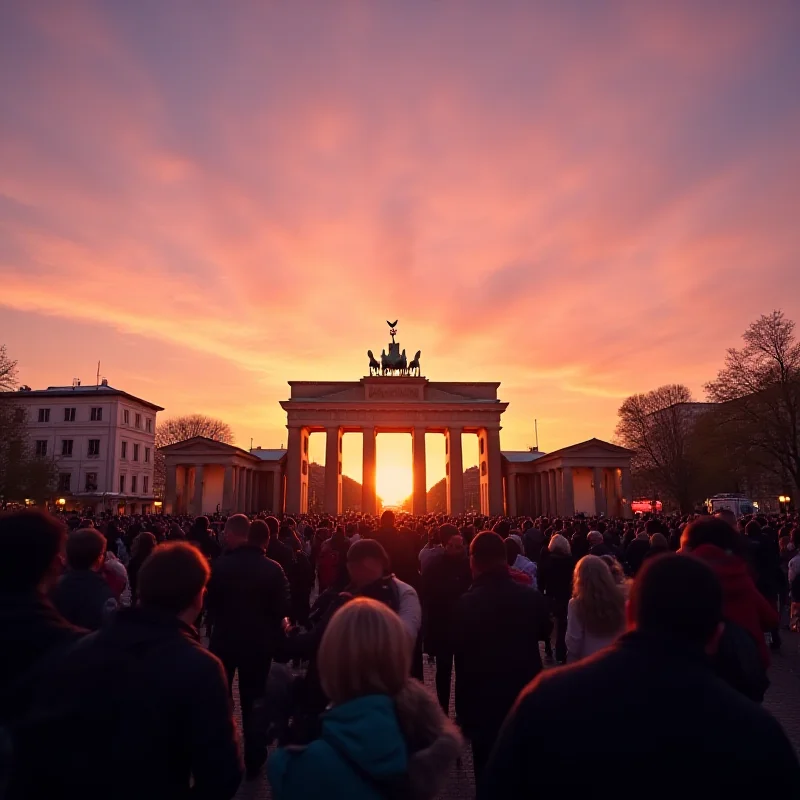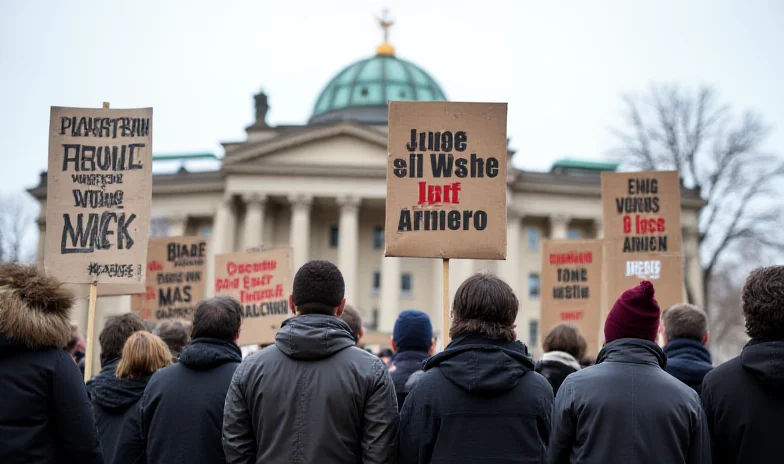Germany is facing a complex political landscape following recent elections. While the CDU/CSU, led by Friedrich Merz, secured a victory, the path forward is fraught with challenges. The rise of the AfD, debates over defense spending, and calls for economic policy changes are all contributing to a period of uncertainty.
The Shadow of the AfD
The Alternative für Deutschland (AfD) continues to be a significant force in German politics. According to historian Heinrich August Winkler, the AfD represents the "most dangerous adversary for democracy." The party's success is a sign of the times, reflecting societal trends and anxieties. Their presence in state parliaments, such as in Brandenburg, where they are pushing for the Union's five-point plan, demonstrates their growing influence. However, the Auschwitz Committee has condemned the inclusion of certain politicians within the AfD faction as a "scandal," highlighting the controversial nature of the party.

The AfD's influence also extends to national policy debates. The CDU/CSU may face difficulties in increasing investment spending, particularly in defense, as parties opposed to arming Ukraine, including the AfD and Die Linke, hold enough seats to potentially block proposals for relaxing the debt brake or establishing off-budget funds.
Economic and Fiscal Debates
Germany's economic policies are also under scrutiny. Municipalities are urging prompt action in relaxing the debt brake, a policy that restricts government borrowing. This debate highlights the tension between fiscal responsibility and the need for investment in key areas, such as infrastructure and defense. The outcome of these debates will shape Germany's economic future.

Democracy Under Pressure
The challenges facing Germany are not unique. As the original article notes, democracy is facing severe challenges almost everywhere, with these challenges being even more pronounced in certain regions. The rise of populist movements, economic anxieties, and geopolitical instability are all contributing to a sense of unease. As one article stated, "Today we live the most profound break in history since the fall of the Wall."
The Junge Union has labeled the election results as "disappointing," reflecting the widespread uncertainty and concern about the future. The coming months will be crucial in determining whether Germany can navigate these challenges and maintain its position as a leading European power.

The German political landscape is shifting, and the ability of the government to address these issues will be critical in shaping the country's future.
